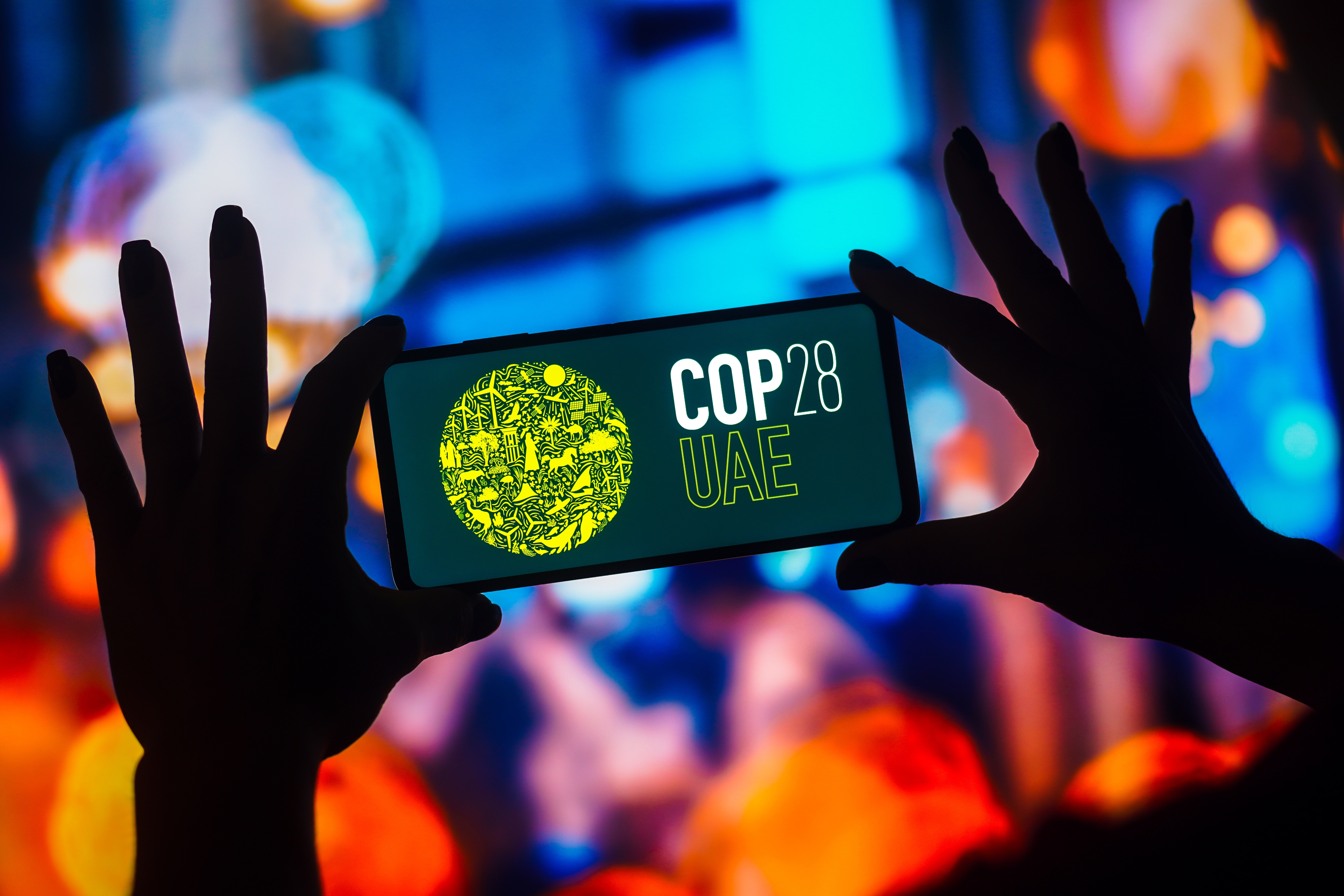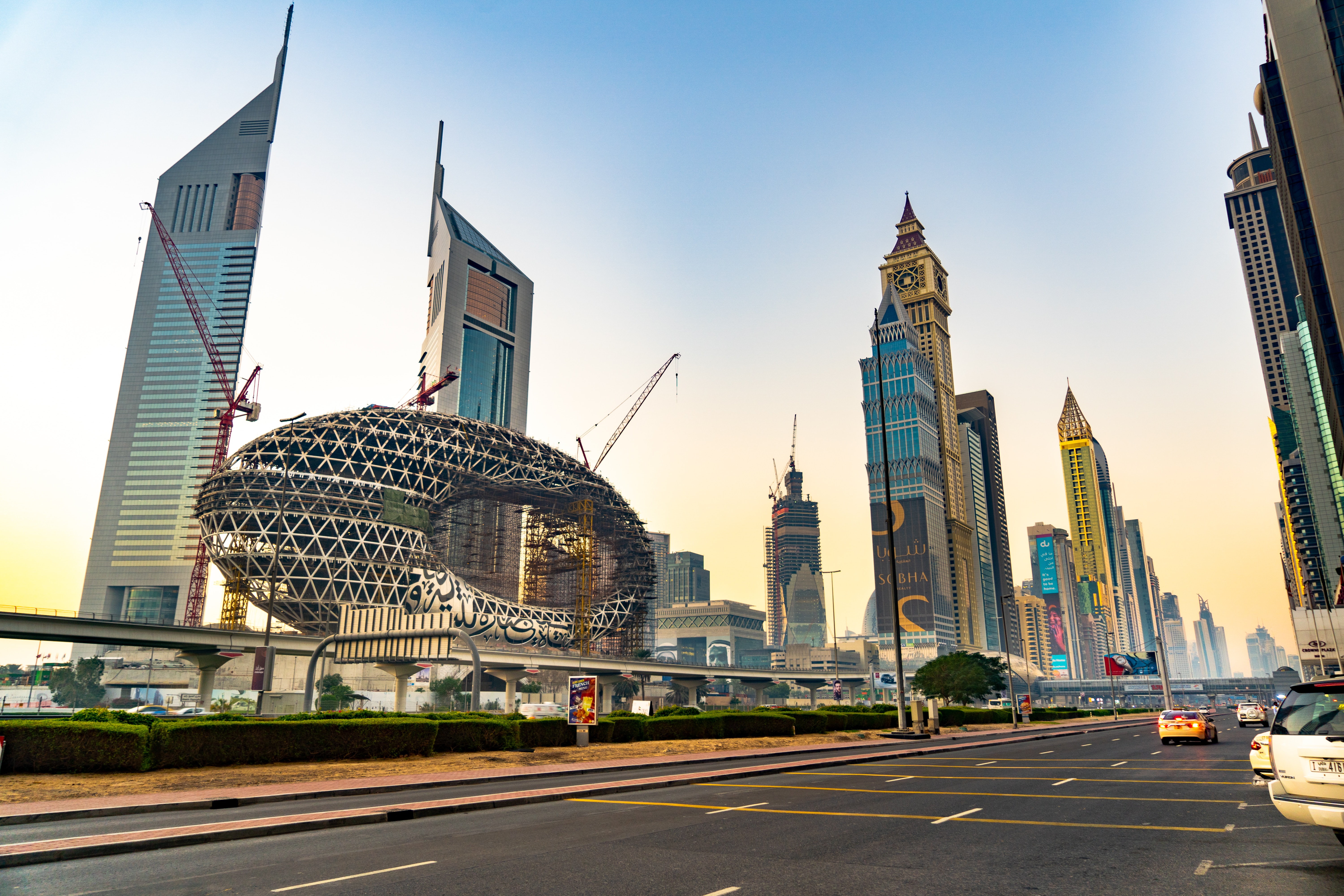Human Rights Watch: Mass Surveillance in the UAE Threatens Rights. Human Rights Watch (HRW) has expressed alarm over the extensive surveillance conducted by Emirati authorities during the 28th annual United Nations Climate Change Conference (COP28) hosted by the United Arab Emirates (UAE) in Dubai.
The human rights organization contends that such surveillance not only violates fundamental human rights but also poses a significant threat to the overall success of the conference. Participants in COP28, which includes government representatives, civil society groups, and climate activists from across the globe, are set to undergo intrusive monitoring measures. These measures include face and iris scans at Dubai International Airport, as well as the monitoring of online communications throughout their stay.
Human Rights Watch: Mass Surveillance in the UAE Threatens Rights
The UAE government’s history of stifling dissent, employing surveillance tools like Pegasus, and implementing restrictive cybercrimes laws has created an environment of pervasive self-censorship, raising concerns about the ability of COP28 participants to communicate freely. HRW emphasizes the need for the Emirati government to allow conference delegates to focus on addressing the pressing issue of climate change without the looming threat of surveillance and potential targeting of critical voices.
The report sheds light on the apparent contradiction between the UAE’s efforts to project an image of openness on the international stage and its simultaneous measures to shield itself from scrutiny over human rights violations. HRW calls on the Emirati government to ease its grip on civic space, cease surveillance of critical voices both within and outside its borders, and advocates for the immediate release of human rights defender Ahmed Mansoor.
Read the full report here.



